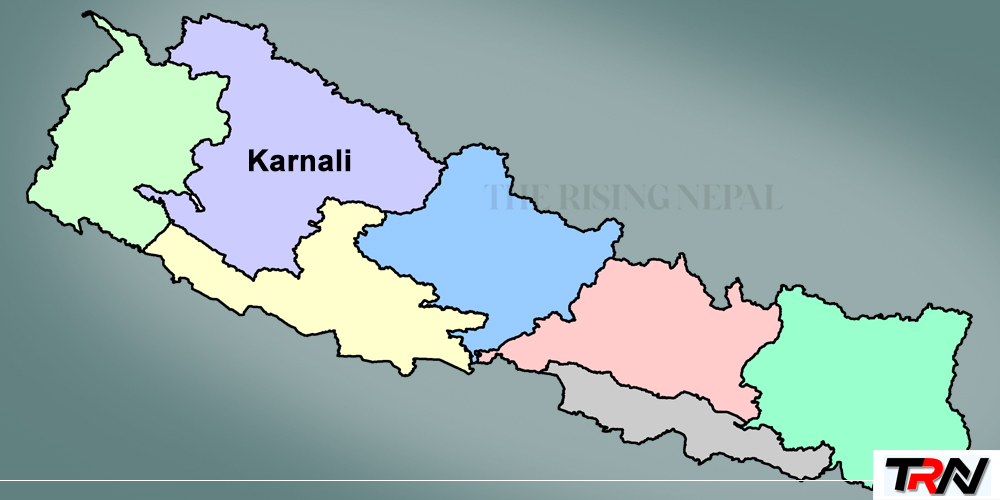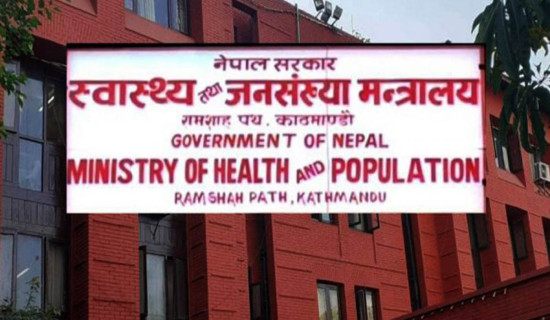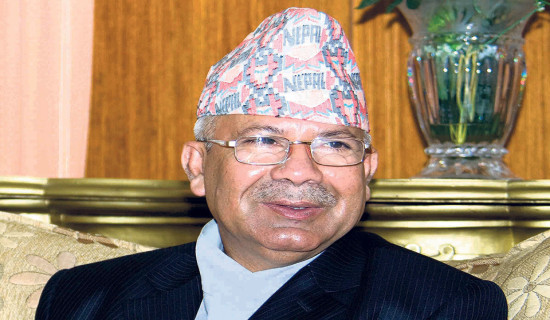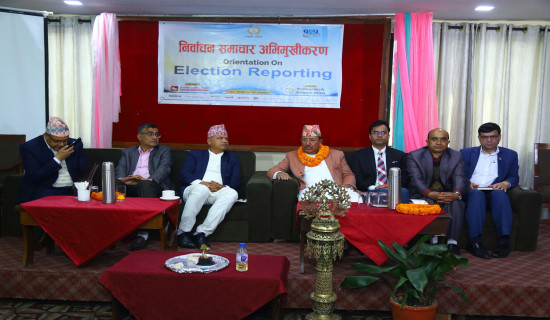- Sunday, 22 February 2026
30% families in Karnali self reliant on agricultural
Bheriganga (Surkhet), Dec 14: Thirty per cent of families in Karnali Province are self-reliant on agricultural productions, according to the national agriculture census, 2078. A large 70 per cent cannot feed themselves with the production throughout the year.
Out of the total 302,000 families who have taken up the job of agriculture in the province, the production sustains only 90,600 families throughout the year, according to the report published here by the National Statistics Office.
In the province, 82.63 per cent of people are farmers who do agriculture in 17,411 hectares of land.
In the context that a large chunk of people are dependent on agriculture, but the production is not enough to make them self-reliant on it, the government should bring a production-friendly policy, said Badri Kumar Karki, the NSO director.
"Most of the citizens of Karnali are involved in agriculture. But the production is very low. It is necessary for the government to bring a production-friendly plan in the days to come," he said. In agriculture, farmers are found to have used new technology to replace old ones. For instance, tractors and power tillers have replaced iron or wooden ploughs, according to the report.
With the increasing trend of migrating to city areas and foreign countries for various purposes including job opportunities, many lands especially in the hilly areas have remained barren.
Against this backdrop, warning that dependence would increase due to a lack of production activities, experts have suggested that the government bring a plan based on the statistics.
Saying that it was increasingly difficult to bring a plan and a budget due to the lack of statistics of the province, Minister for Land Management, Agriculture and Cooperatives of the province, Bhim Prakash Sharma said these statistics would help the government to make a plan and bring a budget.
He also stressed the need for the government at all three levels to bring a plan to increase production and guarantee a market.
Around 7,000 workforces were mobilised for the census and it took 45 days, said Dr Dilliraj Joshi, joint secretary and deputy chief of the NSO. (RSS)



-original-thumb.jpg)

-square-thumb.jpg)

-copy-square-thumb.jpg)
-square-thumb.jpg)

-original-thumb.jpg)
-copy-original-thumb.jpg)
-original-thumb.jpg)

